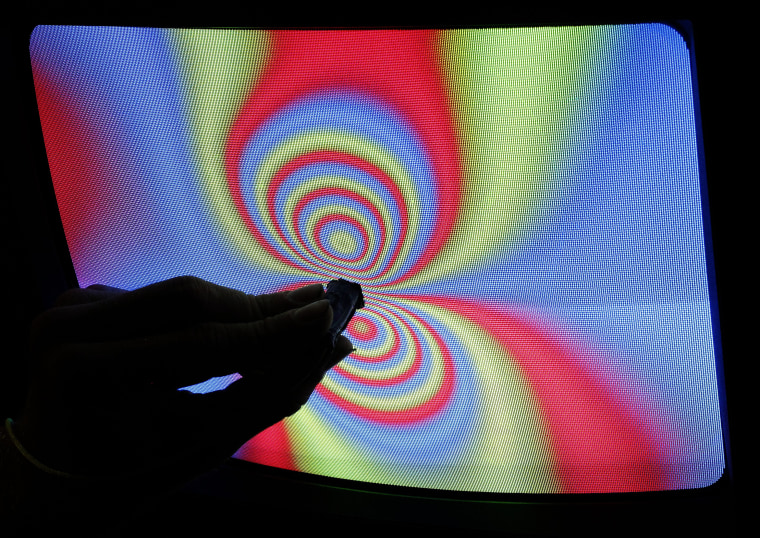When put to the test, Americans rate a solid if unspectacular C in science, a survey shows.
In a basic quiz of a dozen random science questions, Americans got eight correct, according to an online survey of more than 3,200 adults by the Pew Research Center released Thursday. The questions ranged from what kind of waves are used in cell phones to interpreting a scatterplot graph.
"This is one of those cases where you can look at it as a glass half-full or a glass half-empty," said Pew associate director Cary Funk. She found it more interesting which questions Americans aced (spoiler alert, if you want to take the test yourself) — the core is the hottest part of Earth — and which ones they bombed: water boils faster at higher altitudes.
Rush Holt, chief executive officer of the American Association for the Advancement of Science, said while it's crucial to understand how the general public grasps science, he's not sure questions like those in the survey give the full picture.
"It may not be important to know that the core of the Earth is hotter, but it is important to know the difference between astronomy and astrology," said Holt, a former congressman who wasn't involved in the survey. "It is important to know that science is based on evidence and that their daily decisions on daily life can also be based on evidence."
Related: Intel Dropping Out of Prestigious Science Talent Search
Holt said he found "very troubling" what the demographic breakdown of the survey showed. Men in general got one more right answer than did women, while people with college degrees got two more correct answers than did those with a high school education or less. Whites did better than blacks and Hispanics. People between 30 and 49 scored the most correct answers. Those over 65 scored the lowest.
Westerners scored the highest on average, while those in the South did the worst. Republicans scored half a correct answer more than Democrats, but Funk said that may be more a racial and ethnic issue, because white Democrats and Republicans had nearly identical scores.
Related: As Students Go Back to School, Shortage of Teachers Causes Concern
Other studies show gender and racial gaps and scientists consider that a serious problem, Holt said.
No one demographic group, not even those with postgraduate degrees, got 11 or 12 answers correct on average to get an A grade.
